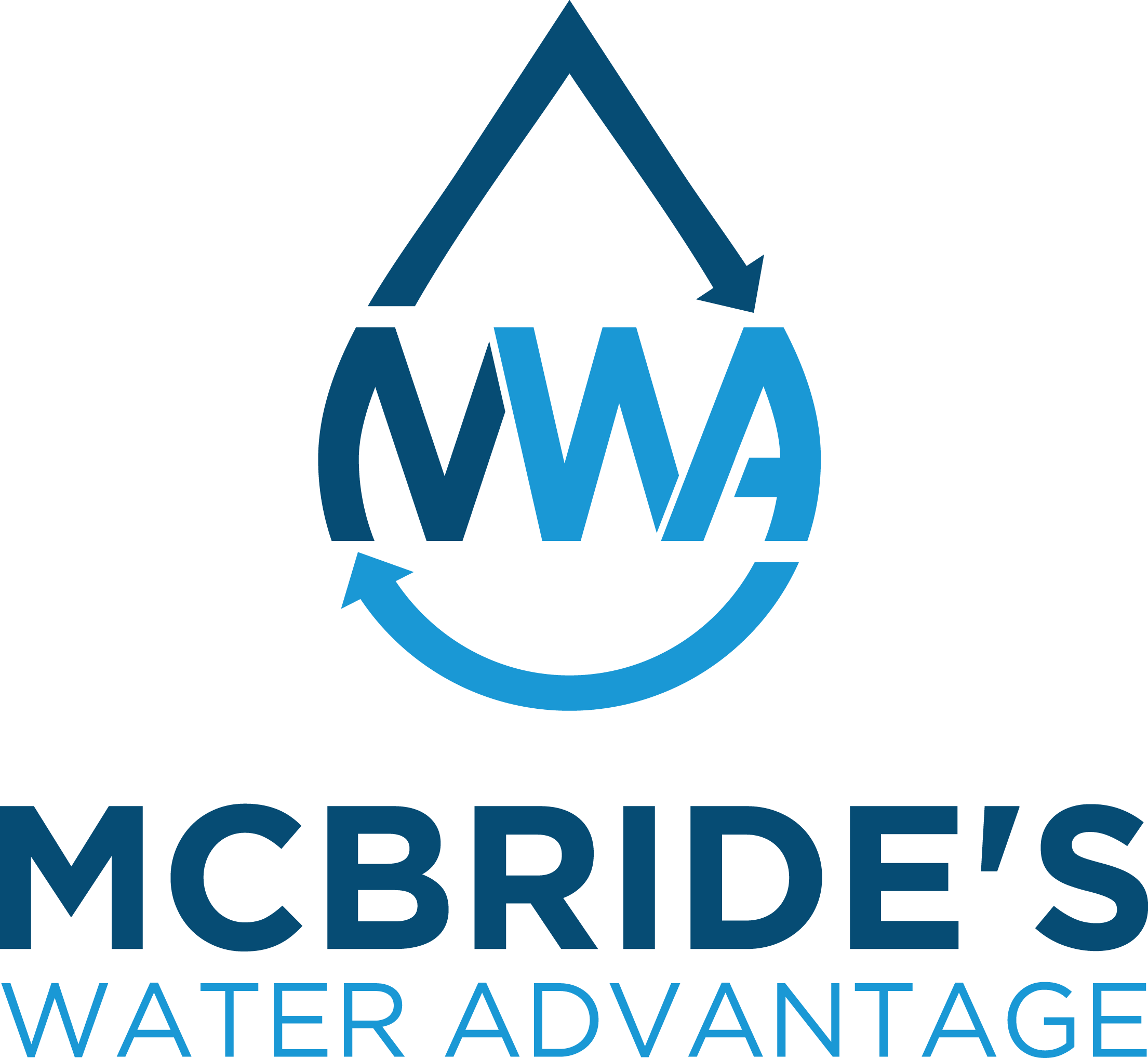 Here in New Hampshire, 50 percent of homes get their water from a private well while the other 50 percent have water provided to them by their city. As it turns out, the source of a home’s tap water plays a significant role in how it should be treated and tested. We want to make sure you have all the information you need to make the right decisions about your home’s water quality, so today we’re going to talk about well water vs. city water and the role the homeowner plays in each one’s treatment process!
Here in New Hampshire, 50 percent of homes get their water from a private well while the other 50 percent have water provided to them by their city. As it turns out, the source of a home’s tap water plays a significant role in how it should be treated and tested. We want to make sure you have all the information you need to make the right decisions about your home’s water quality, so today we’re going to talk about well water vs. city water and the role the homeowner plays in each one’s treatment process!
Well water vs. city water: Where they come from
If you get your water from your city, it likely originates from a large surface water supply like a lake or river somewhere nearby. This single water supply is used to provide water to you and your neighbors. City water gets to your home through a series of public waterways and pipes that direct the water from the source supply, to a water treatment plant and finally to your home.
Well water comes from a private well that is dug near your home. This well taps into an underground water supply that is typically hundreds of feet below the surface. Unlike city water, a private well only supplies water to a single home. Well water is pumped directly from the well through a supply line and into your home.
Well water vs. city water: How they are treated and regulated
One of the biggest differences between well water and city water is in how they are treated and regulated. City water is regulated by the EPA, and it must therefore meet specific quality requirements before it is delivered to the public. In order to do that, water treatment plants use various treatment techniques to remove contaminants from city water.
City water first passes through sediment filters, where large debris and contaminants are removed from the water before it is disinfected. After passing through the sediment filters, chlorine or chloramine (a combination of chlorine and ammonia) is added to the water in order to disinfect it and kill off any dangerous viruses or bacteria that might be present. The EPA regularly tests the water that is processed by treatment plants in order to ensure that they are meeting quality standards.
Well water is not regulated by the EPA, so the testing and treatment of the water is entirely the responsibility of the homeowner. If you own a private well, you must install some sort of filtration system on your own in order to guarantee that it is of good quality.
Well water vs. city water: Contamination problems
Even though city water is treated by water treatment plants, it still faces contamination issues. One of the biggest issues is that many scientists have linked the consumption of chlorine and chloramine (the disinfectants added by treatment plants) and their byproducts to an increased risk of various types of cancers. Another big problem is that much of the water infrastructure in this country is extremely old and in need of replacement or repairs. As a result, contaminants can leech into water via aging delivery pipes as it travels from a treatment plant to your home. Finally, there are many chemicals and contaminants that are not regulated by the EPA, and those contaminants are not tested or intentionally treated for by the treatment plants.
Well water has its own set of contamination problem, and they are augmented by the fact that well water is not treated by the city. In addition to many of the same contaminants that can be found in city water, well water is particularly prone to high levels of nitrates, arsenic, iron and hydrogen sulfide. Wells are also at risk of contamination from nearby agricultural or industrial activities, because runoff from farms or industrial plants can seep underground and contaminate wells in the vicinity.
Curious about your water quality? Have it tested by McBride’s!
Whether you get your water from a well or from the city, you should have it tested by a professional water quality contractor like McBride’s. Our testing services will show you exactly what’s in your water, and you can use that information to make the best decisions on how to treat it.
If you have any questions about well water vs. city water, or if you’d like a water system serviced or installed in your home, contact McBride’s Water Advantage, your water softener and water filtration system dealer in Epsom, NH. We provide service all over New Hampshire, including towns like Chichester, Raymond and Lee, NH.
photo credit: policastro via photopin (license)
